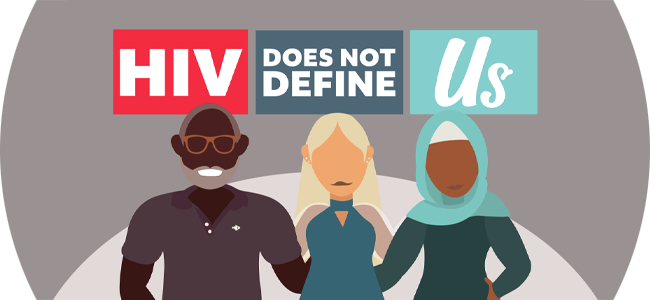HIV is a virus spread through certain body fluids that attacks the body’s immune system, specifically the CD4 or T cells. Over time, the virus can destroy so many of these cells that the body can’t fight off infections and disease, which can lead to “opportunistic” infections such as pneumonia, lung infections, cervical cancer, encephalopathy. The infections can become severe and cause significant health problems or death. Medications, if taken daily, can significantly reduce the development of severe health problems but the medications must be taken each day. Taking medications every day is important.
There are other infections that may occur as a result of HIV. A more detailed list and explanation of opportunistic infections is available here: https://www.cdc.gov/hiv/basics/livingwithhiv/opportunisticinfections.html
HIV advances in three stages (Acute, Clinical Latency and AIDS) without treatment and can overwhelm the immune system. Taking medication every day can prevent HIV from progressing to AIDS. Medication therapy called ART (Antiretroviral Therapy) helps control the virus so you can live a longer, healthier life. Taking medication also reduces the risk of transmitting HIV to others.
People can become infected with HIV in different ways but mainly through sexual activity and sharing needles. Less frequently, HIV is spread from mother to unborn child or being stuck with a needle from an infected person. If you believe you’ve been exposed to HIV, immediately seek assistance. It is the best way to prevent or lessen your chances of getting HIV/AIDS. Call your family doctor, visit a hospital or call one of the agencies listed on this website and ask about PrEP.






